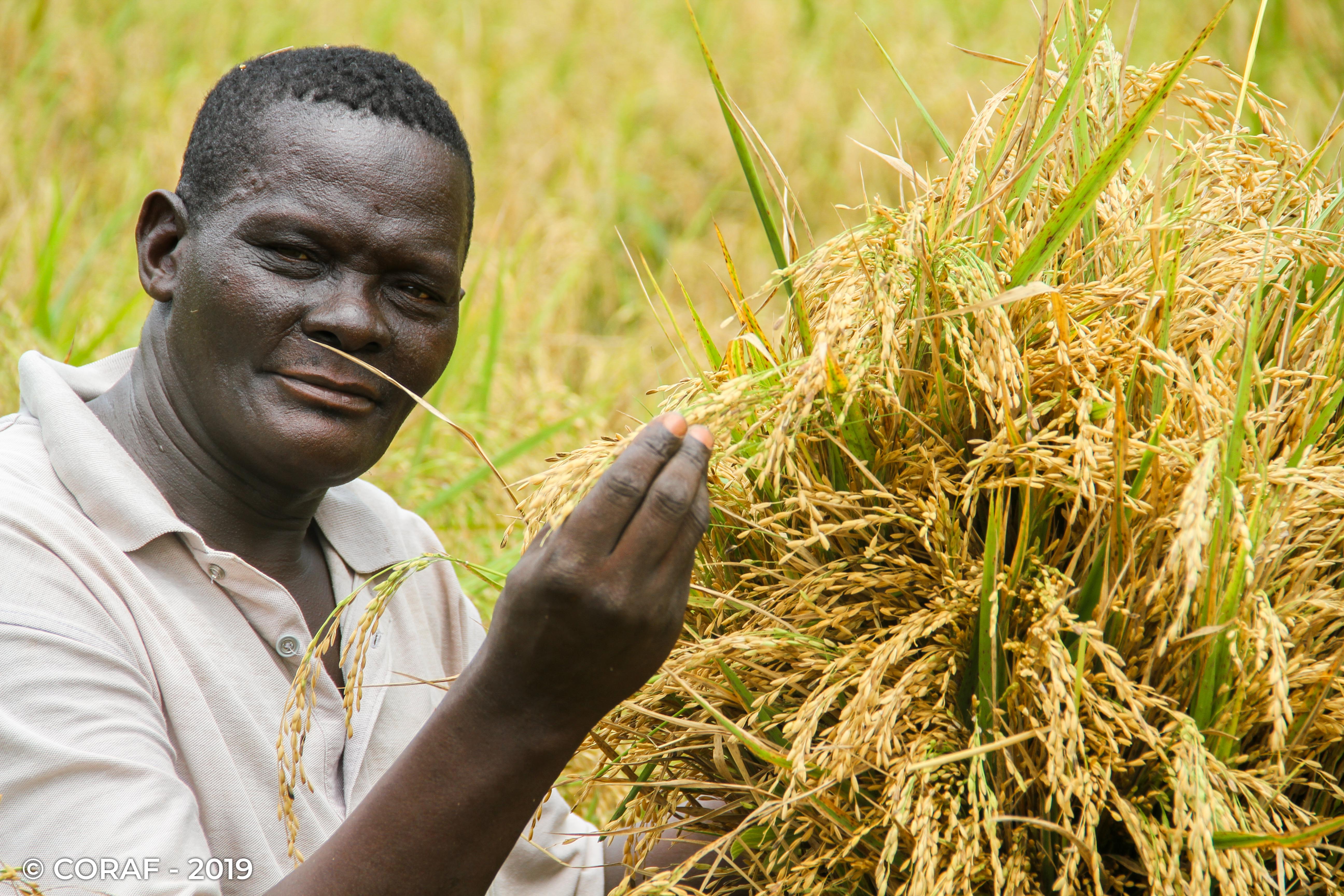A working group made up of representatives of agricultural research and development institutions, private sector, policymakers and development actors will meet in Dakar, Senegal from Wednesday, November, 6 â 8, 2019 to review and validate the first draft report of the integrated regional strategy for the sustainable management of agri-inputs in West Africa and the Sahel.
The integrated regional strategy for the sustainable management of agri-inputs aims to improve the availability, accessibility, and use of quality agricultural inputs (crop seeds, fertilizers, pesticides, feed concentrates for livestock, vaccines, animal genetic materials) for priority crops, livestock, and aquaculture in West Africa.
It will increase agricultural productivity to improve food and nutritional security and income generation in West Africa.
âThis regional strategy, led by ECOWAS, will provide a vision and a harmonized framework for agricultural production, distribution, and inputs at the community level. Its adoption by the Member States will also reduce all current distortions in the regional agricultural input market,â says Dr. Yacouba Diallo, Agri-inputs Specialist at CORAF.
With the financial support of the United States Agency for International Development (USAID), CORAF has been mandated by the Regional Economic Communities (RECs) to lead the formulation of the strategy.
The first Task Force meeting was held on June 10, 2019. It validated the methodology and roadmap proposed by the group of experts in charge of the elaboration.
This second gathering seeks to review and validate the first draft of the conclusions and provisional strategic direction that was prepared by the experts following the desk review and national consultative meetings held in Conakry (Guinea), Ouagadougou (Burkina Faso), Abidjan (CÃīte dâIvoire) and Abuja (Nigeria).
The development of the integrated agricultural input strategy for West Africa and the Sahel was carried out in a participatory and inclusive manner to ensure its ownership and successful implementation.
 English
English
 Français
Français 
